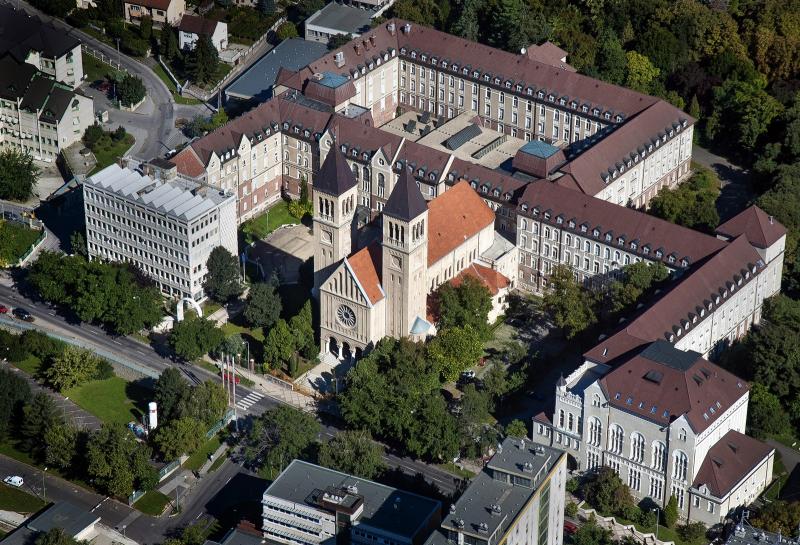There are many – more and more every year – conferences on 3D bioprinting and medical 3D printing applications; however, when one takes place in Hungary, it makes more noise than other ones, since two of the best known companies operating in the bioprinting and biomanufacturing field, Organovo and Modern Meadows, were founded by people of Hungarian origin.
The University of Pécs, the oldest University in Hungary, is organising an International Interdisciplinary Conference on 3D Printing which will focus heavily on medical applications, with participation from e-NABLE’s Joe Cross and Danny Cabrera form BioBots, among many other doctors who will detail the use of 3D printing in their specific practices. The speakers list also includes György Falk, founder of Varinex, the first Stratasys and EOS distributor in the region and one of the most respected figures in the Hungarian 3D printing industry, at all levels.
I met Péter Maróti, one of the conference’s organizers, at a recent IEEE Conference and Workshop on Bioprinting Applications, taking place in Milan, where I was asked to give a brief presentation on the OBM Initiative and other low-cost applications of 3D printing in the medical field. He explained that the university is set on investing heavily in establishing a large medical 3D printing research center.
With the establishment of the János Szentágothai Research Centre, the university sought to fill the decade-long gap that existed in the scientific life of the South Transdanubia Region. The institute concentrates its previously fragmented research potential around the health and environment industry and provides a region-wide, unique, high-level background of instruments and knowledge and also modern laboratories.
This is achieved through the adoption of innovative technologies, as well as modern instruments and laboratories, along with an integrated “R+D+I” strategy focused on leading innovation in the medical-biology, natural-science, and information-technology fields, to fit research profiles to economic and social demands, encouraging cooperation and providing a wide-range of services. The exploration of 3D bioprinting within this ambitious project begins next September 25th.




